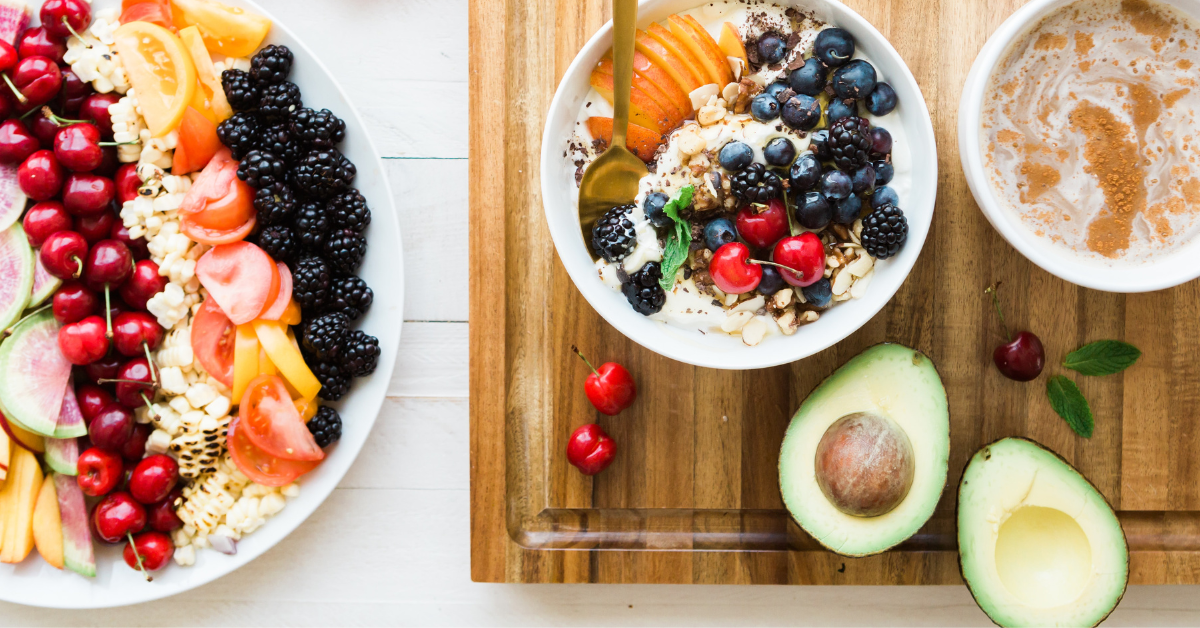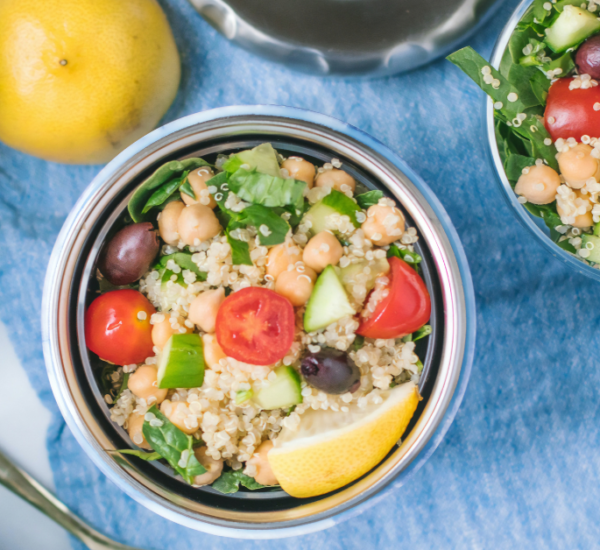Many of us know that feeling after a Christmas dinner or a special occasion, where we reach for our belt to loosen it off a little! It may have been that extra serve of sides or going back for seconds that made you uncomfortably full. On an occasion like that, would you describe that feeling and your actions as binge eating, or overeating? Let’s explore…
WHAT IS BINGE EATING?
The Butterfly Foundation clearly explain Binge Eating as a disorder that is characterised by two key features:
- Eating a very large amount of food within a relatively short period of time (e.g. within two hours)
- Feeling a sense of loss of control while eating (e.g. feeling unable to stop yourself from eating)
Unlike our Christmas day example, someone who suffers from Binge Eating Disorder will often eat large amounts in secret and alone. There is a feeling of not being in control and even when their mind knows they should stop, they simply may not be able to. Feelings of shame and guilt often follow; but they will not try to vomit or over-exercise to compensate for their behaviour (these are different disorders, called Bulimia Nervosa and Exercise Bulimia).
Those diagnosed with binge eating disorder often suffer from low self-esteem and/or depression. They are likely to dispose of any food evidence, such as hiding wrappers or food scraps in locations outside their own home. These individuals may avoid social gathering or catch-ups that involve food.
If you suspect that someone you care about has a binge eating disorder, it’s important they seek help. A GP is a great place to start and they will provide referrals to experts who work in this area.
WHAT IS OVEREATING?
Overeating leads to that uncomfortably full feeling, where you may regret that decision to go back for seconds, but you do not feel self-loathing or shame. It’s more likely a mindset of, I probably didn’t need that extra scoop of ice cream! Damn!
We’ve all been there and tell ourselves that next time we will rethink our serves. Or at the very least, there is no way we will be doing that again in a hurry!
To manage ‘overeating’ during a special occasion, be mindful about how much you put on your plate. By all means have some wedding cake, but perhaps it’s just a few spoonfuls rather than a couple of slices. Especially if you are already feeling very full.
Also read: How Do I Stop Overeating To Lose Weight?
The Japanese have a saying called, ‘Hara Hachi Bu’… which simply means eating to 80% full. If we can slow down the rate of our eating, put our utensils down between bites and engage in some conversations along the way, it is more likely you will feel that level of fullness before it gets uncomfortable.
MY TOP TIPS:
- It can take up to 20 mins to physically register fullness. So slow down.
- Never feel guilty about any eating episode. Food is there to be enjoyed not to make you ashamed.
- Seek help if you feel that your eating behaviours feel ‘out of control’. There is help out there.














